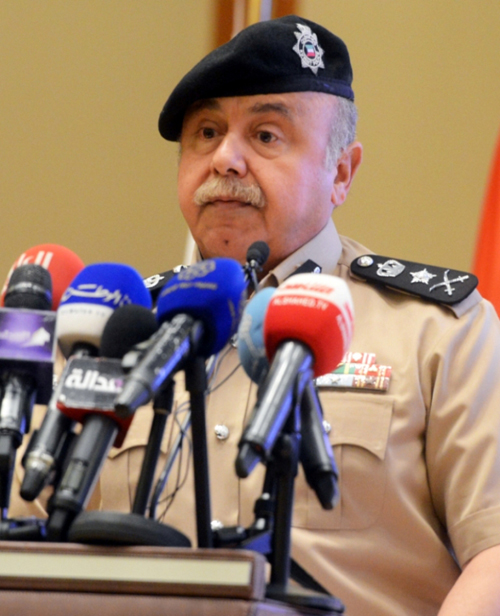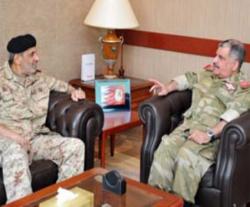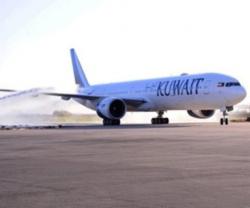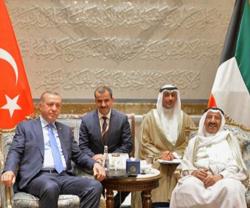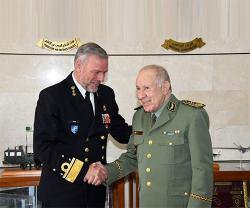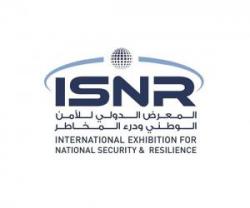Kuwait’s Ministry of Interior Undersecretary Lieutenant General Suleiman Al-Fahad (photo) discussed, on Monday, with Chinese Ambassador to Kuwait Wang Di means of enhancing cooperation in various fields of security, Kuwait News Agency (KUNA) reported.
The Security Media Department at the Ministry said in a statement that the meeting did not only tackle means of promoting security ties but also touched on a wide variety of common issues.
The Chinese Ambassador expressed his appreciation to the Kuwaiti government and the people for their utmost care and support to the Chinese population in the country.
Meanwhile, Kuwait recalled its Ambassador to Iran on Tuesday, KUNA reported.
“An official source at the Kuwaiti Foreign Ministry said that the Ministry recalled the Ambassador of the State of Kuwait to the Islamic Republic of Iran on Tuesday morning January 5 2016, against the backdrop of the attacks carried out by crowds of demonstrators,” the agency reported.
The protests followed Saudi Arabia’s execution of Shi’ite cleric Nimr Al-Nimr. Saudi Arabia’s Embassy in Tehran was ransacked and set alight on Saturday.
Saudi Arabia broke off diplomatic ties with Iran in response, followed on Monday by its allies Bahrain and Sudan. The United Arab Emirates (UAE) has also recalled its envoy and downgraded its diplomatic team in Iran.
The US, Russia, UN and Turkey are among those calling for calm in the region.
Saudi Arabia’s unexpected decision to carry out the executions - following convictions over terror-related offences - prompted an expression of “deep dismay” from the UN Secretary General, while the US accused the Kingdom of exacerbating tensions “at a time when they urgently need to be reduced”.
Late on Monday, Saudi Arabia’s envoy to the United Nations said the row with Iran would not affect peace talks aimed at resolving the ongoing civil war in Syria, which has claimed over a quarter of a million lives in almost five years of conflict.
“We will attend the next Syria talks and we’re not going to boycott them because of Iran or anybody else for that matter. If we decide to boycott them it will have to be for a better reason than that,” said Abdullah al-Moallimi. (KUNA; Agencies)

